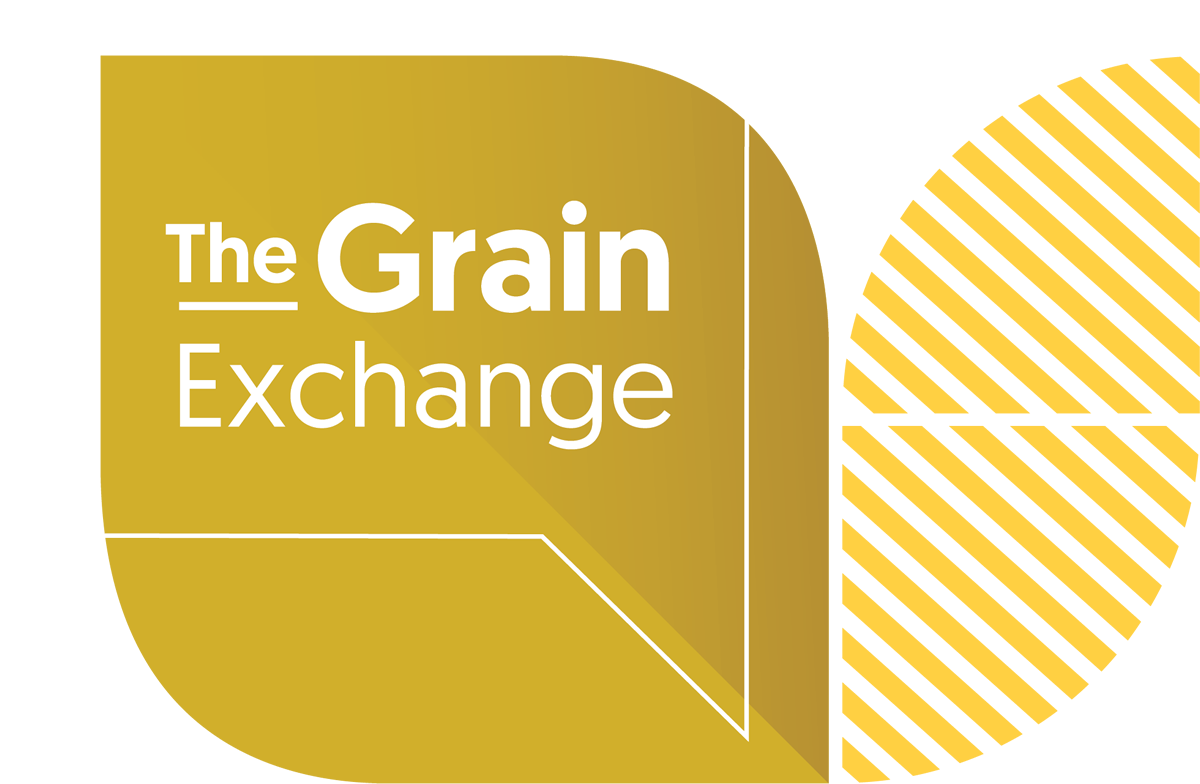Climate change and environmental policy and program round-up
The Government of Canada is doubling down on its aggressive goal to reach emissions reduction targets of 40 per cent below 2005 levels by 2030 and net-zero emissions by 2050. On June 29, 2021, The Canadian Net-Zero Emissions Accountability Act became law. The Act enshrines in legislation the Government of Canada’s commitment to achieving these goals – and the agricultural sector has been identified as a key sector challenged to reduce emissions while also providing nature-based solutions.
The Alberta Wheat and Barley Commissions are highly engaged in policy and program discussions that could impact farms. Below is a round-up of recently announced initiatives, programs and policies that present opportunities and challenges that farmers should be aware of.
On-Farm Climate Action Fund – applications are open now!
The On-Farm Climate Action Fund (OFCAF) program is a partnership meant to help provide direct incentives to farmers for the increased adoption of practices that reduce greenhouse gas emissions. Alberta farmers have the ability to access two programs to cover costs of up to $75,000 in target areas of cover cropping, nitrogen management and 4R Nutrient Stewardship.
- ResultsDrivenAgricultureResearch–Alberta Applications close on November 7, 2022, and can be retroactive. The next intake will open in early 2023. Visit rdar.ca/ofcaf to apply and for information on eligible expenses related to nitrogen management and cover cropping.
- Canola Council of Canada Canola 4R Advantage – open to canola farmers in AB, SK and MB. Farmers can apply for up to $12,000 per farm for eligible 4R Nutrient Stewardship activities. Visit canolacouncil.org/4r-advantage to learn more.
Agriculture and Agri-Food Canada fertilizer emissions reduction targets
In December 2020, the Government of Canada announced its intention to impose greenhouse gas emission reductions from fertilizer of 30 per cent by 2030. The commissions are highly engaged in conversations with government and industry partners. The most recent consultation closed on August 31, 2022. Farmers can read the commissions’ full submission on our website under policy initiatives.
Grain Growers of Canada – Road to 2050
In late March 2022, the Grain Growers of Canada (GGC) announced it would launch a Road to 2050 net-zero emissions initiative to help meet the Government of Canada’s ambitious goal of net-zero emissions by 2050. The Road to 2050 will propose a path that focuses on innovation, research, and beneficial management practices that; boost productivity while enhancing soil quality, and improve the carbon sequestration potential of crop land and reduce emissions. The commissions are highly engaged in this process through our membership with GGC. The framework is expected to be complete in early 2023. For more information visit ggcroadto2050.ca.
Agricultural Climate Solutions – Living Labs
The commissions, together with other members of Team Alberta, Alberta Beef and other livestock groups, successfully received funding for the living labs project. The project will focus on identifying and testing innovative technologies and on-farm management practices in Alberta that can help provide climate change mitigation solutions while protecting farmers’ bottom lines.
Sustainable Canadian Agricultural Partnership
In July 2022, the Federal Provincial Territorial Agricultural Ministers signed the new Sustainable Canadian Agricultural Partnership (SCAP) to provide core cost-shared funding for Business Risk Management (BRM) programs and other critical strategic initiatives such as research funding. The SCAP funding, which will replace the existing CAP program in April 2023, will increase by $500 million, $250 million of which is destined for the new Resilient Agricultural Landscape Program (RALP) to reward farmers for practices of high public benefit that protect ecological goods and services. The program intends to build an environmental/climate change cross-compliance component into BRM programs such as AgriInsurance and AgriInvest. Details were unavailable at the time of writing. The commissions are engaged at both the provincial and federal levels to better understand the implications to farmers.
For more information: contact Shannon Sereda, sr. manager of government relations and policy at ssereda@albertawheatbarley.com.

